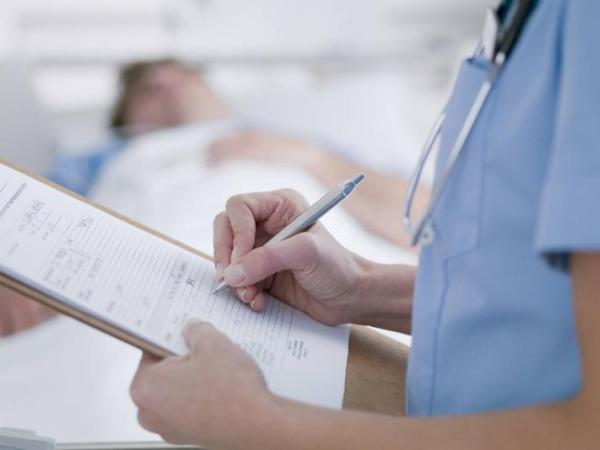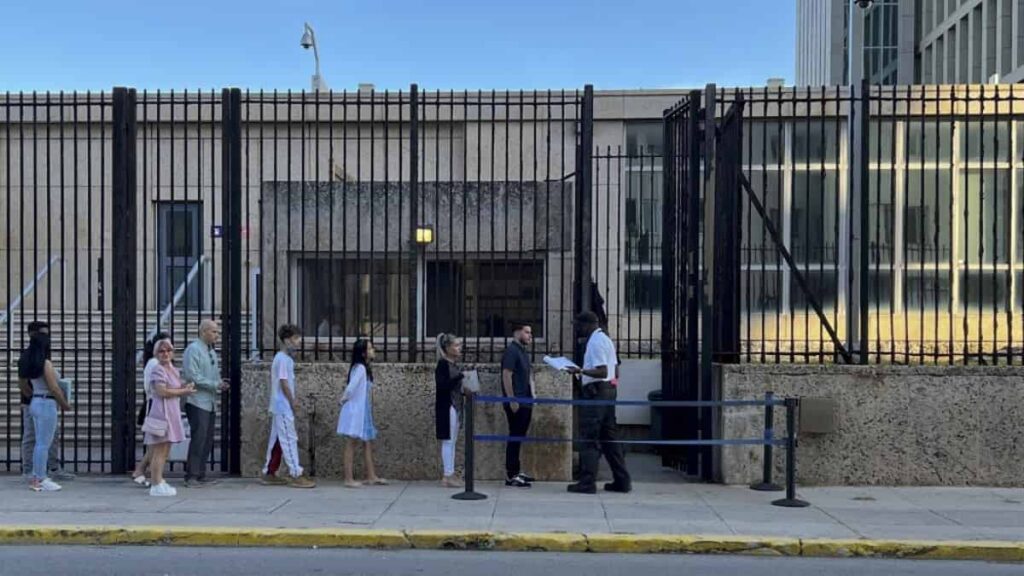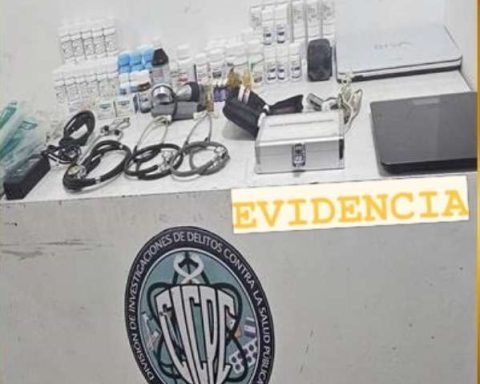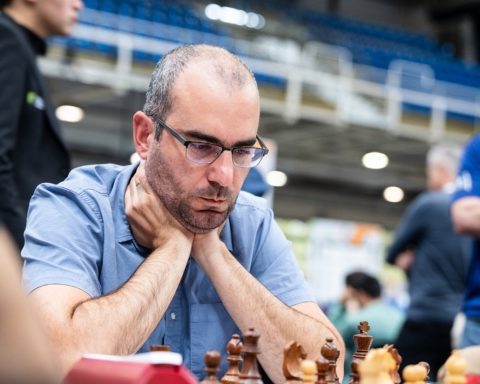The health reform project of the Gustavo Petro government, which since its initial establishment has faltered due to differences between the Executive and some political parties that will vote for it in the Legislativeshould begin to be discussed this week in Congress, according to government accounts, and if nothing extraordinary happens.
(‘Health reform project includes ideas from parties and society’).
To this extent, points such as who is going to assume the management of financial and health risk, as well as the definition of the role of the EPS -which would become managers, as it is in the articles of the presentation- should be clear in the first debate. Under the current health system, the EPS are in charge of this management, since they must have “a minimum technical capital greater than the solvency margin, that is, always have resources to respond to service providers, even if the claims exceed the Capitation Payment Unit (UPC)”, as stated by Julio Mario Orozco, health management consultant.
In white silver, make sure that the health silver is enough for the whole year and that care does not become paralyzed.
For health analysts, in the articles of the paper it is not clear who is going to assume this management and in the face of this panorama, Former Health Minister Fernando Ruiz mentions that in practice it would end up being the user who assumes this risk.
“The individual health risk ends up being assumed by the person himself as well as the associated financial risk”Ruiz told Portafolio.
(There was already ‘white smoke’ in the health reform project).
This affirmation is supported by the fact that in the articles of the presentation “the explicit subject of the law, which until now is the benefit plan, does not appear, which makes it difficult to objectify the right and therefore the insured expense. When the individual insurer disappears, it is not clear who is going to be protected”.
To this extent, Paúl Rodríguez, an expert health economist from the Universidad del Rosario, affirms that in the article that was filed on March 31 “The managers could have a certain way of managing the resources, but everything would be paid for by the regional funds” -which is another of the points that conservatives and ‘la U’ criticize-. Which leads him to state that it is not clear “who is in charge when something happens”.
The other key point, and if it is not defined in the first debate, it could leave Petro’s initiative without enough votes to become law, is the role of the managers.
According to the presentation document, they remain as managers, that is, the insurance function is taken away from them and it is not clear who would assume it, if it will be the State at the head of the Adres, because the managers would not have it.
Thus, as health consultant Cristian Vanegas says, “Adres would concentrate many functions and does not have the capabilities.”
(The keys to the health reform paper that was filed).
In fact, the Minister of the Interior, Alfonso Prada, said in an interview with Yamit Amat that in the first debate on the project, which will take place in the Seventh Committee of the House of Representatives, these functions must be defined and “if financial and health risk management is also assumed with co-responsibility”that is, “if that management remains public or is shared between the public (the Government) and the private (the managers)”, such as the mixed health system model that, according to the minister of politics, was agreed between the government and the parties.
Based on Prada’s conclusions, it can be thought that financial and health risk management, which is now done by the EPS, it will end up being assumed jointly between the Government and the managers.
In any case, we must wait for the development of the debate in the Legislature to meet the final person in charge of ensuring that the health resources reach even if the UPC is exceeded.
CLAUDIA M. QUINTERO RUEDA
















